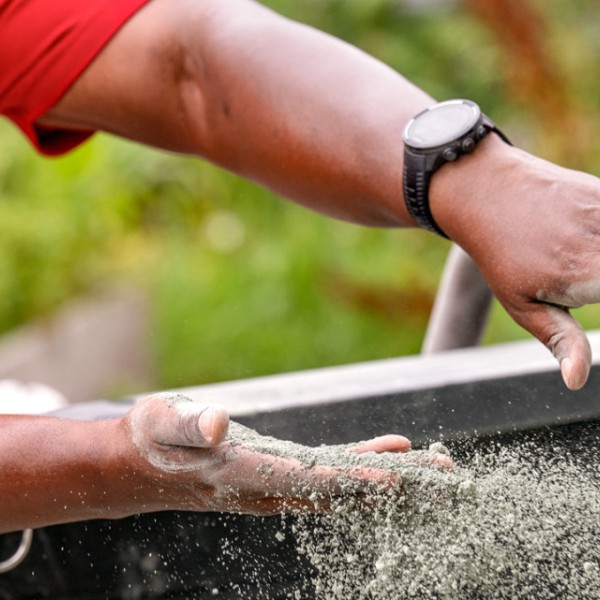Research is something I love and gets to the heart of my curiosity. What drives me is understanding how climate change impacts real people and societies. Research doesn’t just mean sitting in a lab: For my honor thesis project, it meant speaking directly to farmers and hearing about their experiences with climate change.
In January I travelled to Armenia to hold focus groups with farmers. As I waited for the first focus group to gather, I was nervous. Would they take me seriously as a student? Would they even be willing to answer my questions? A million thoughts ran through my head as I straightened the forms and waited for farmers in Norapat, Armenia.
Artak Khachatryan, a Hubert H. Humphrey fellow at Cornell who was taking part in the research, reassured me: “Don’t be nervous Keelin. Everything will be okay.” I thought to myself, stand up and shake the farmers’ hands. Act confident, but kind. Act knowledgeable, but inviting. I gave the farmer a firm handshake and smiled broadly. One by one, the farmers came in, each returning my smile as we exchanged greetings. Immediately, my worry was put at ease by the initial kindness of these farmers, who took time out of their day to attend the focus group.








